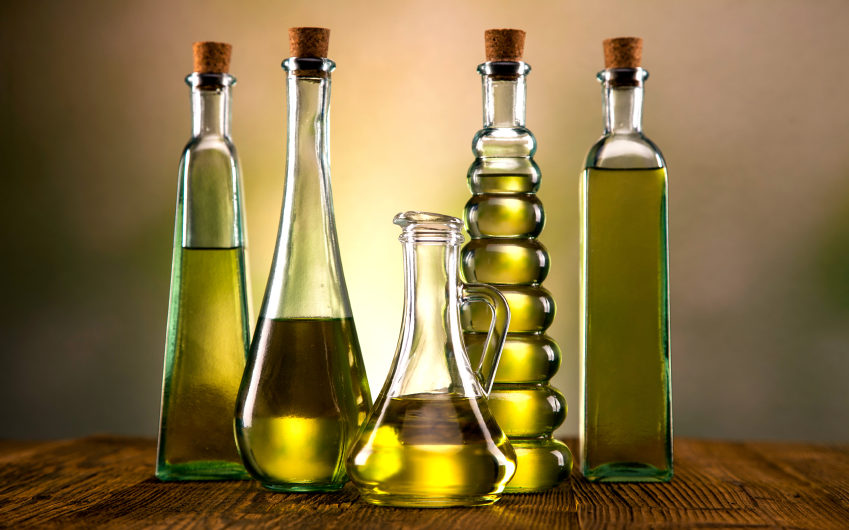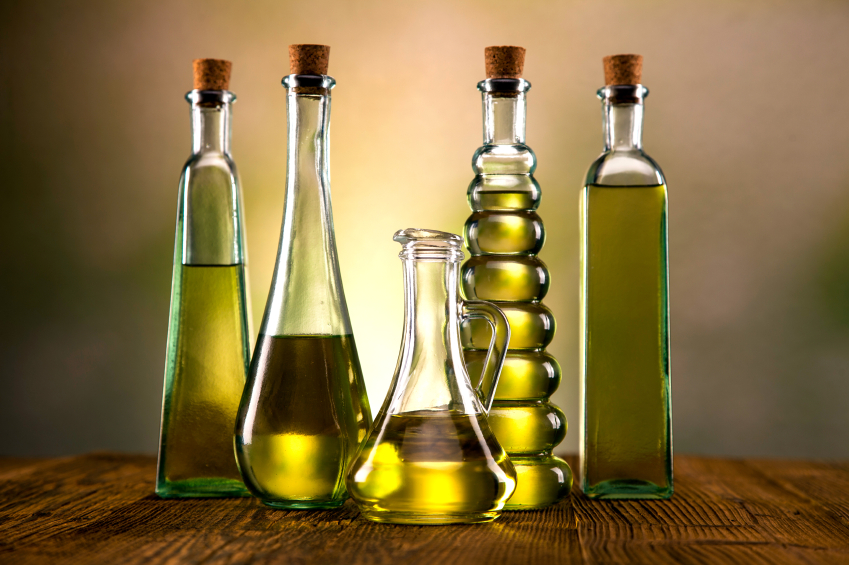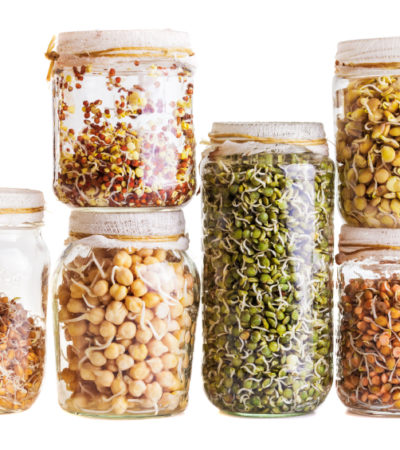One of the most fundamental rules pursued by the health-conscious is the consumption of a diet low in saturated fat. For years we have been taught that a diet high in saturates can increase the risk of high cholesterol, blood pressure, heart disease, diabetes and of course, obesity. But it is not just the types of food we consume, it is also just as important to be conscious of the way these foods are cooked too. Have you swapped cooking your dishes in butter to a leaner olive oil? Then be prepared to face the food faux-pas facts!
Significantly, saturated fatty acids pack together tightly, giving them an incredibly high smoke point and melting point. This means that when heated to high temperatures (when cooking) these mighty saturated fats maintain stability. In fact, the real enemies when cooking in high temperatures are polyunsaturated fats. These acids are very unstable as they do not pack together very well at all. This is bad news, as each broken molecule becomes a free radical when heated up. Therefore, oils that contain a large percentage of polyunsaturated fats and a low percentage of saturated fats are the worst choice to cook with.
But what exactly is a free radical? And why should it be avoided at all costs?
Any molecule or atom which has an unpaired electron in its outer orbit is known as a free radical. Free radicals are highly reactive, and if not controlled, damage occurs in different parts of the body. These demons cause oxidative damage to DNA, which can directly influence cell growth and development, cell survival and likely increase your risk of cancer, aging and other conditions like inflammatory disease.
The science is in the statistics. Understandably, sunflower oil, olive oil and sesame seed oil seem like healthy alternatives, being less than 15% saturated fat in contrast to butter which is a staggering 68%. But don’t fall for the food-fact-fallacy! When knowledge about smoke points, melting points and molecule stability is taken on board, you have no choice but to admit that saturates are the most saintly supplement you can use to cook your food in!
So what should we really be cooking with?
REAL BUTTER (but none of that low fat, margarine rubbish!)
If your Hip and Healthy like us, you know that any light or low-fat alternatives (especially in dairy products!) are full of nasty trans-fats and hidden sugars. When it comes to cooking with butter, we are only interested in the 100% organic good stuff. Why? Its pure, high in saturated fat and minimal 4% of polyunsaturates, ensures that these molecules are not broken down into free radicals.
So, if you take on one health tip, banish the butter beguilement. Believe it or not, butter is rich in the most easily absorbable form of vitamin A, which is necessary for thyroid and adrenal health. It also contains lecithin, linoleic acid and arachidonic acid, which is essential for cholesterol metabolism, protects against hardening of the arteries, cataracts and pineal gland, and ensures healthy brain function and cell membrane function. Who knew that butter could protect against cancer, be a muscle builder and immunity booster? If your digestion doesn’t mind a lick of dairy, cook your food in a whole lot of goodness by discovering the beauty of butter!
GHEE (like butter, but clarified!)
Regular butter contains tiny amounts of sugars and proteins and for this reason it may get burned during high-heat cooking. What’s more, butter might not be the best choice for the dairy intolerant. However, ghee is the perfect alternative, being a purer, clarified version. This means that all the lactose and proteins of regular butter are removed, leaving you with pure butterfat and a sinless 3% polyunsaturates. But the health benefits do not stop there. Rich in the oil soluble vitamins A, D and E, antioxidants K2 and CLA which contain anti-viral properties, and butyric acid which aids digestion, your immune system and intestinal wall will benefit greatly. If that wasn’t enough, ghee is anti-inflammatory, and can even aid the prevention of cancer. So, just to clarify, this purified butter is a positive powerfood!
COCONUT OIL (The king of cooking oils!)
Being a shocking 91.9% saturated fat, it is no wonder that dieters feel they must stay well clear of this cholesterol-inducing nightmare. But think again! Coconut oil consists of a teeny 1.9% polyunsaturated fat and has a super-high smoke point due to its high melting point. This makes coconut oil perfect for cooking at high heat, being one of the most stable cooking oils on earth.
And the amount of health benefits may just surprise you. Alice Mackintosh, nutritionist at The Food Doctor, explains: ‘Coconut oil has the added benefit of increasing metabolism in the liver, and may even aid weight loss. It also has wonderful immune supporting properties owing to the presence of anti-bacterial lauric acid.’
It is this presence of lauric acid, capric acid and caprylic acid that labels coconut oil as antimicrobial, antioxidant, antifungal, antibacterial and anti-inflammatory. And so, coconut oil has the ability to improve your hair and skin, calm stress levels, reduce high cholesterol, dental quality and bone strength, and not to mention provide relief from kidney problems, heart diseases high blood pressure, diabetes, and cancer. Who knew that a product so high in saturated fat could be so salubrious?
Alice also suggests that we try opting for ‘virgin’ or ‘extra-virgin’ coconut oil as ‘this has more antioxidants and a richer coconut flavour compared to refined coconut oil. Conversely, if you don’t want the coconut flavour, go for coconut butter, which has been de-coconutted!’
Its official, we are totally nuts for cooking with saturates.
words by Olivia Murphy














